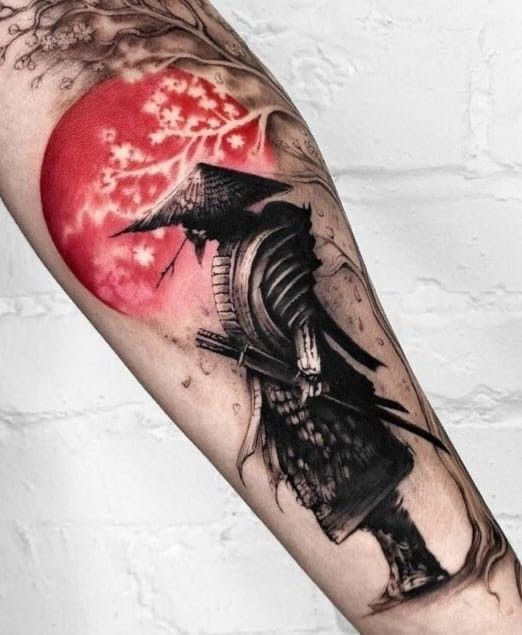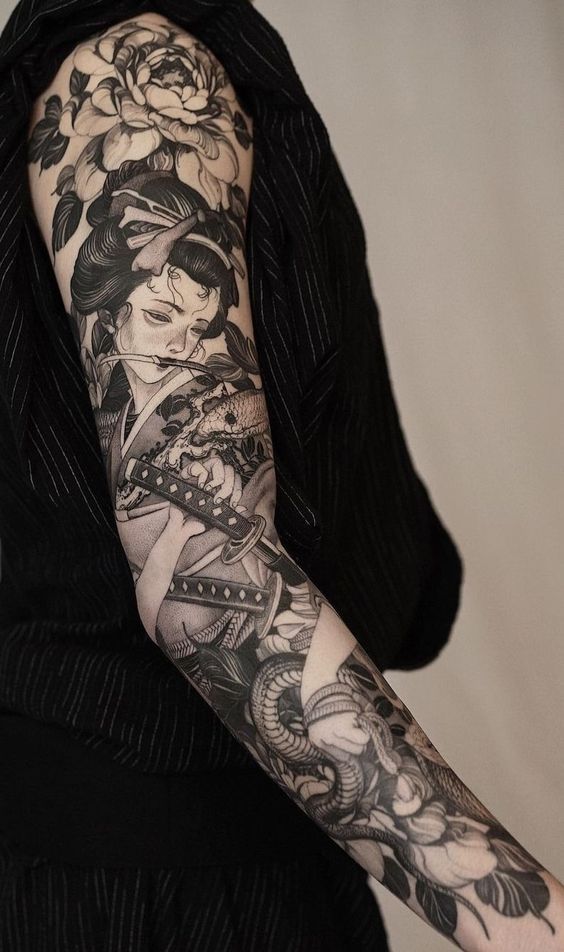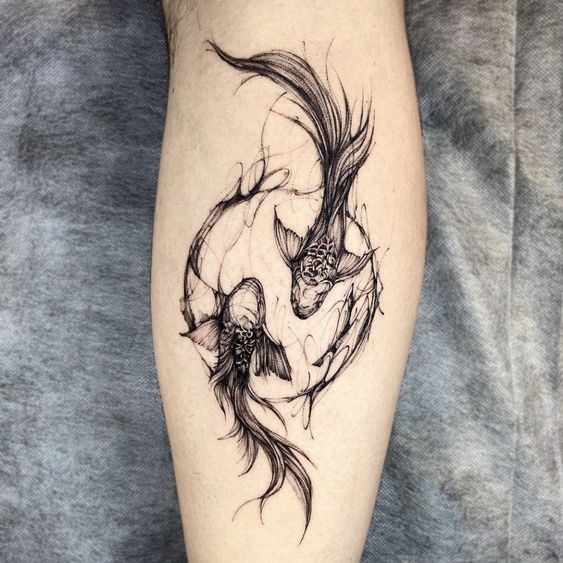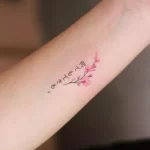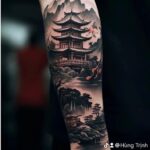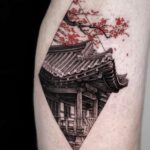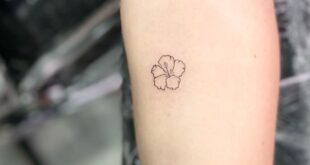Tattoo culture in Japan has a long and complex history, with roots that can be traced back thousands of years. In recent years, there has been a surge in interest in traditional Japanese tattoos, known as irezumi, both within Japan and around the world. These intricate designs have deep cultural significance and are often seen as a symbol of strength, bravery, and resilience.
Irezumi is a form of body art that involves using a needle to insert ink into the skin, creating intricate patterns and designs. Traditionally, irezumi was used as a way to signify one’s status in society, with high-ranking officials and warriors often sporting elaborate tattoos. These designs often feature motifs such as dragons, flowers, and mythical creatures, and are usually placed on the back, chest, arms, and legs.
In modern Japan, tattoos are still seen as a form of self-expression, but they are also subject to much stigma and discrimination. This is due in part to the association of tattoos with the yakuza, Japan’s notorious organized crime syndicates, who have a long history of using tattoos as a way to show allegiance and loyalty. As a result, many public spaces in Japan, such as hot springs, swimming pools, and gyms, prohibit individuals with visible tattoos from entering.
Despite these challenges, there has been a resurgence in interest in traditional Japanese tattoos in recent years. Many young people are seeking out skilled tattoo artists who specialize in irezumi, in order to pay homage to Japan’s rich cultural heritage and to create a connection with their ancestors. Additionally, there has been a growing interest in the international community in Japanese tattoo art, with many artists around the world drawing inspiration from traditional Japanese designs.
One of the most famous Japanese tattoo artists is Horiyoshi III, who is renowned for his mastery of irezumi techniques and his innovative designs. His work has been exhibited in museums around the world and has inspired countless artists to explore the beauty and complexity of traditional Japanese tattoo art.
In conclusion, tattoo culture in Japan is a fascinating and complex phenomenon, with deep cultural roots and a vibrant modern-day presence. While there are still challenges and stigmas associated with tattoos in Japan, there is also a renewed interest in traditional Japanese tattoo art, both within the country and abroad. As more people seek out skilled tattoo artists who specialize in irezumi, the art form continues to evolve and thrive, carrying on the legacy of Japan’s rich tattoo culture.
 innstyled Tattoo Ideas
innstyled Tattoo Ideas
